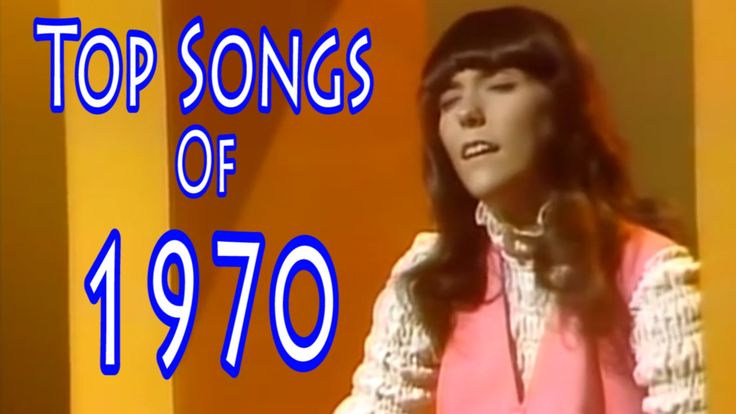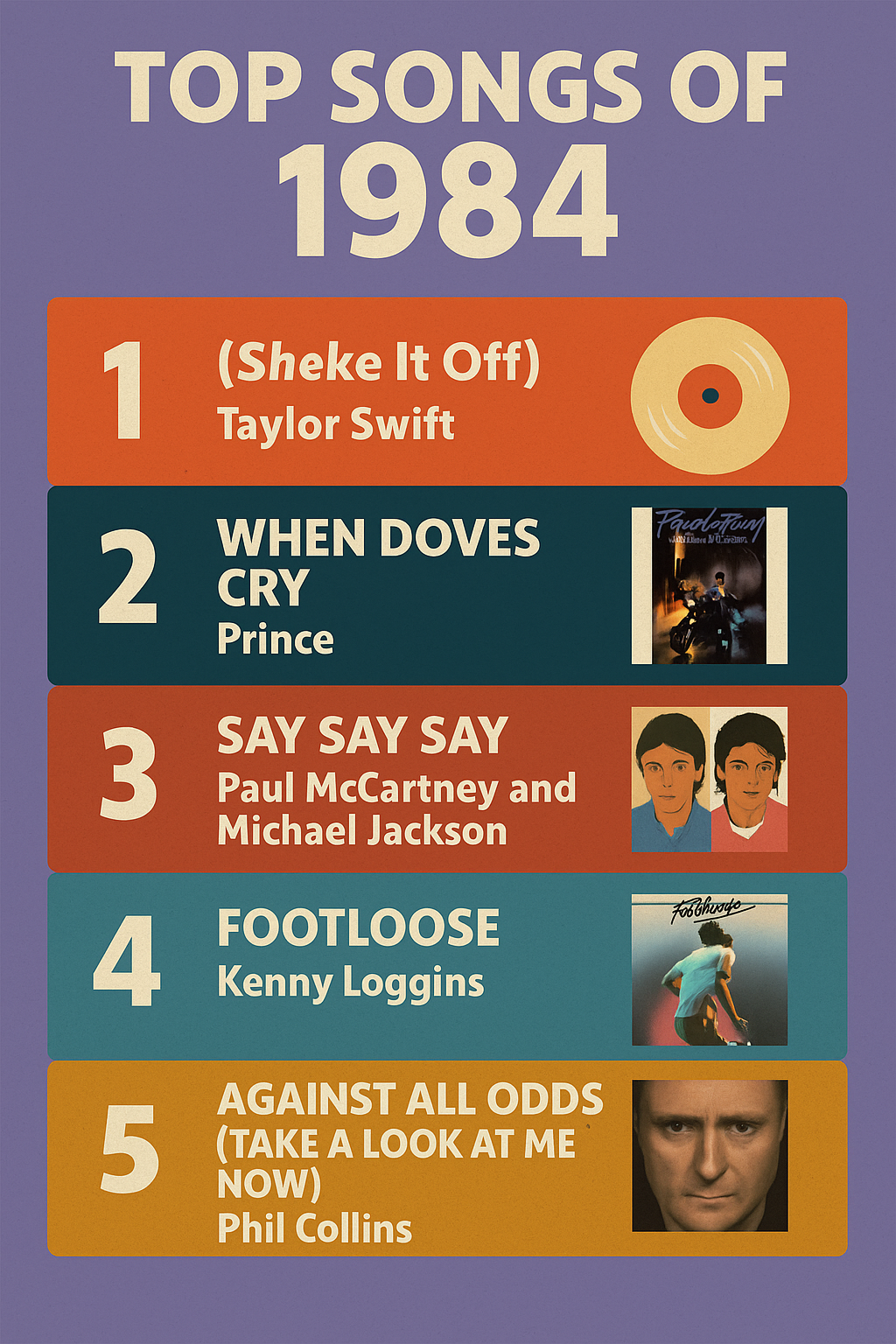Take a look at the female folks in the game; these peeps like whores and the big question is: why do female rappers sexualize themselves that much?

Most female rappers choose to incorporate a sex sells framework into their work to market their sexuality and be successful. This has eroded the place of talent and dedication.
Female rappers of the late 90s began engaging in the increasingly hypersexualized genre, using it to gain cultural power and reverse the elevation of pimp roles weaved into many rap songs.
However, this article will discuss 10 major reasons why female rappers sexualize themselves.
Why Female Rappers Sexualize Themselves
There are a variety of reasons why some female rappers may choose to sexualize themselves, and it’s important to recognize that not all female rappers do so.
Some potential reasons can include:
1. Commercial Success
Hip-Hop is a male-dominated genre of music. From legendary Tupac Shakur and Notorious B.I.G of East Coast/West Coast rivalry to P.Diddy, Eminem, 50 Cent, Snoop Dog, Lil Wayne, Jay-Z, Drake, and most recently, Kendrick Lamar, only bit a few female emcees could stand out.
Female rappers may feel pressured to sexualize themselves in order to gain visibility and commercial success in a male-dominated industry.
2. Industry Expectations
There are some expectations within the music industry for female rappers to conform to a sexualized image in order to be successful.
Female rappers who started this indiscriminate sexualization of themselves never knew they were setting a standard for the new generation of rappers that will come after them.
3. Empowerment
Some female rappers may use sexual imagery as a form of empowerment and self-expression, reclaiming control over their bodies and sexuality.
This is a way too bad for the culture as female rappers would tend to focus more on their looks than their lyrics.
4. Attention and Recognition
Hip-hop is a genre of music, and one of the major reasons for venturing into music is to gsin fame and become the epicentre of ebery pop culture discourse.
Thus, sexualization can sometimes draw attention and recognition, helping female rappers stand out in a competitive industry.
5. Internalized Misogyny
Some female rappers may have internalized societal expectations of women’s sexuality and feel pressure to conform to these norms.
This still boils down to the standard earlier set by the predecessors.
6. Cultural Influences
Societal and cultural influences, including media representation and societal norms, may impact how female rappers express themselves.
7. Economic Inequality
Women in the music industry may face economic inequality compared to their male counterparts.
This lead some to use sexualization as a means of gaining access to opportunities and resources.
8. Limited Representation
The limited representation of women in hip-hop and rap may create a pressure to conform to sexualized stereotypes in order to gain visibility.
9. Social Media and Image Culture
Anything that the media does not adulterate, does not exist. The social media is a powerful tool whose influence on the music industry cannot be overlooked.
The rise of social media and image culture has further amplify pressure on female rappers to sexualize themselves in order to maintain relevance and engagement with their audience.
10. Personal Choice
Ultimately, it’s important to recognize that each artist is an individual, and for some female rappers, the choice to sexualize themselves may be a personal decision based on their own agency and artistic expression.
Nonetheless, this particular point is not as strong as the other nine because the idea of over-sexualisation of oneself is common among rappers of the age.
Thus, it has nothing to do with individual but the people piloting the affairs of the culture.
It’s important to approach this topic with sensitivity and awareness of the complex factors at play.
These reasons are not exhaustive and may vary depending on the individual experiences and motivations of each artist.






